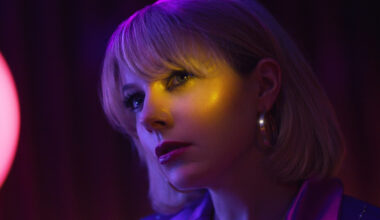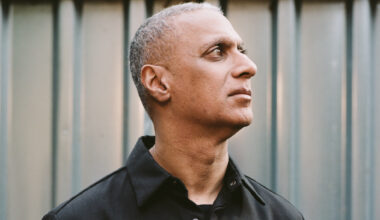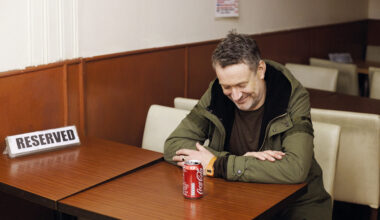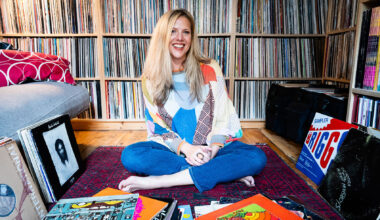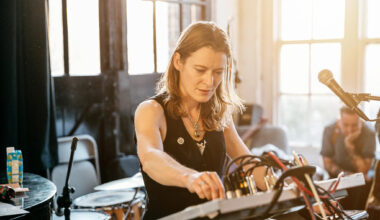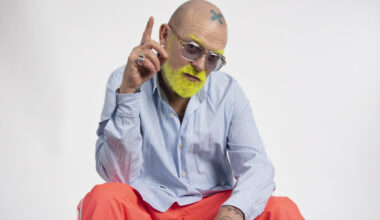Ambient composer Roger Eno, who has recently released a new album, ‘The Turning Year’, talks about cultural awakenings, blissful pottering and the beauty of stillness
Want to read more?
Sign up to Electronic Sound Premium to gain access to every post, video, special offers, and more. 100%, all you can eat, no commitment, cancel any time.
Already a premium member? Log in here
